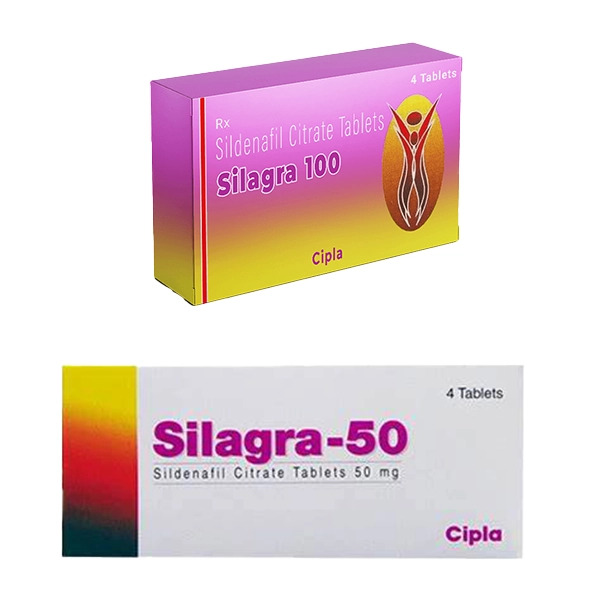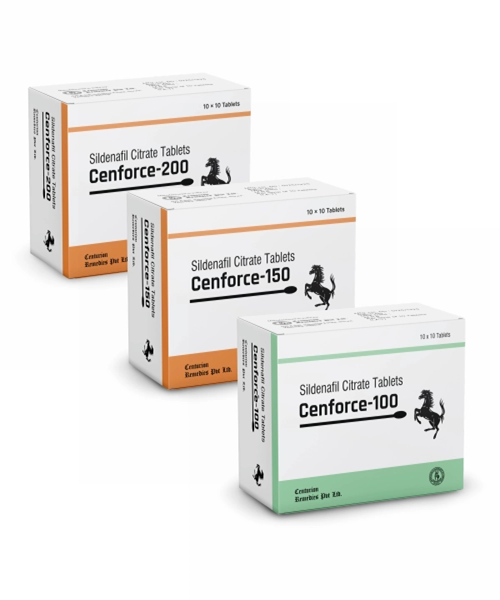
Custom Hat Embroidery Digitizing: Bring Your Logo to Life
- Digitizing Buddy
- Fashion
- 2025-07-22
- 921K
When it comes to branding, nothing makes a bold statement quite like a custom embroidered hat. Whether you’re running a small business, promoting a team, or starting a merch line, having your logo stitched on a cap instantly adds a touch of professionalism and personality.
But here’s the deal: you can’t just upload your logo and hit “start.” To get crisp, clean embroidery on a hat, you need one crucial step—digitizing your design specifically for cap embroidery.
Let’s dive into everything you need to know about hat embroidery digitizing, how it works, why it's different from flat embroidery, and how to get flawless results every time.
Want to skip the trial-and-error? Get your logo professionally digitized for hats by Digitizing Buddy—offering custom digitizing services with fast turnaround and expert attention to detail.
What Is Hat Embroidery Digitizing?
Hat embroidery digitizing is the process of converting your logo or artwork into a special machine-readable file (like DST or PES), tailored for curved surfaces like caps.
Unlike flat embroidery, stitching on hats poses unique challenges:
- Limited design space
- Curved structure
- Seam or crown in the center
- Varying fabric tension
That’s why regular digitized files won’t always work on hats. They need to be adjusted for the surface, shape, and structure of the cap.
Why Quality Digitizing Matters for Hats
If your logo isn’t properly digitized for hat embroidery, you may run into issues like:
- Misaligned stitches
- Poor registration
- Gaps or puckering
- Thread breaks during production
- Hard-to-read text or logos
Great digitizing ensures your design is optimized for:
- Center-out stitching (to avoid shifting)
- Top-down stitching (for cleaner edges)
- Cap frames and limitations
- Fabric type, such as structured or unstructured hats
Pro Tip: If your design has tiny text, gradients, or color blends, ask your digitizer to simplify the artwork for better stitch performance on caps.
How the Hat Embroidery Digitizing Process Works
Here’s a quick breakdown of the steps involved in turning your logo into an embroidery-ready file for hats:
1. Artwork Assessment
Your digitizer examines your logo and recommends adjustments like:
- Removing thin lines
- Enlarging small text
- Simplifying gradients
2. Digitizing for Cap Structure
The design is mapped out with specific:
- Stitch types (e.g., satin vs. fill)
- Direction of stitch flow
- Underlay settings for support
- Density adjustments for visibility
3. Digitized File Creation
The final embroidery file is created in a format compatible with your machine (like DST, PES, EXP, JEF, etc.).
4. Test Stitch & Review
A sample stitch-out is done (recommended) to check for alignment, quality, and positioning before bulk production.
Key Design Considerations for Hat Embroidery
Designing for hats isn’t the same as designing for shirts or bags. Keep these tips in mind when preparing your logo:
| Design Element | Best Practice for Hats |
| Size | Max: 2.25" height x 5" width (front panel) |
| Text | Avoid fonts smaller than 0.25" tall |
| Detail | Simplify tiny elements or gradients |
| Placement | Center front is standard; side/back optional |
| Colors | Use high-contrast thread for clarity |
Digitizing Buddy makes all these adjustments for you to ensure optimal stitch results—especially helpful if you’re not familiar with embroidery design limitations.
Best Stitch Types for Hat Embroidery
Choosing the right stitch type is a big part of digitizing. Here are the most commonly used types for hat designs:
Satin Stitch
Perfect for text and outlines. Clean and sharp, even on curved surfaces.
Fill Stitch
Used for larger areas or solid logos. Good for bold designs but can add weight.
Underlay Stitch
Not visible in the final design, but crucial for structure and stability, especially on thick or stretchy hats.
Compatible Hat Types for Embroidery
Different hats require slight adjustments in digitizing. Here’s how common cap styles affect the design:
| Hat Type | Digitizing Considerations |
| Structured Caps | Hold design shape better, ideal for embroidery |
| Unstructured Hats | Need lighter density to prevent puckering |
| Beanies | Requires stretch-friendly design; often uses fewer stitches |
| Trucker Caps | Mesh back—embroider only the front panel |
| 5-Panel Hats | No center seam—better for centered designs |
File Formats for Hat Embroidery
Your embroidery machine needs a specific file type to run the design. Common formats include:
- DST (Tajima) – most widely used for commercial embroidery
- PES (Brother/Babylock)
- EXP (Melco)
- JEF (Janome)
- XXX, VP3, HUS, etc.
When you order a hat embroidery digitizing service from Digitizing Buddy, you can request any format you need based on your machine brand.
Ready to Order? Here's What You’ll Need
Before you send your logo for digitizing, make sure to prepare:
- High-quality image or vector file (AI, PNG, PDF, JPG)
- Specify size (in inches or mm)
- Mention the machine format (e.g., DST, PES)
- Tell them it’s for hat embroidery
- Note the type of hat (structured, mesh, beanie, etc.) if possible
Why Choose Digitizing Buddy for Hat Embroidery Digitizing?
Digitizing Buddy isn’t just another service—they specialize in custom digitizing for caps, and here’s why customers trust them:
- Fast Turnaround – Often same-day delivery
- Unlimited Revisions – Until you’re 100% satisfied
- All Formats Supported
- Expert Adjustments for curves, center seams, and structure
- Affordable Pricing with bulk discounts
Your brand deserves to look great on every cap. Start your order now at DigitizingBuddy.com
Final Thoughts: Make Your Logo Cap-Ready
Embroidery on hats is a timeless way to promote your brand—but only if your design is properly digitized. From spacing and stitch density to fabric type and cap curve, every detail matters.
Let a pro handle the hard part so you can sit back, relax, and watch your logo come to life—stitched with accuracy and style.
Leave a Reply
Please login to post a comment.












0 Comments